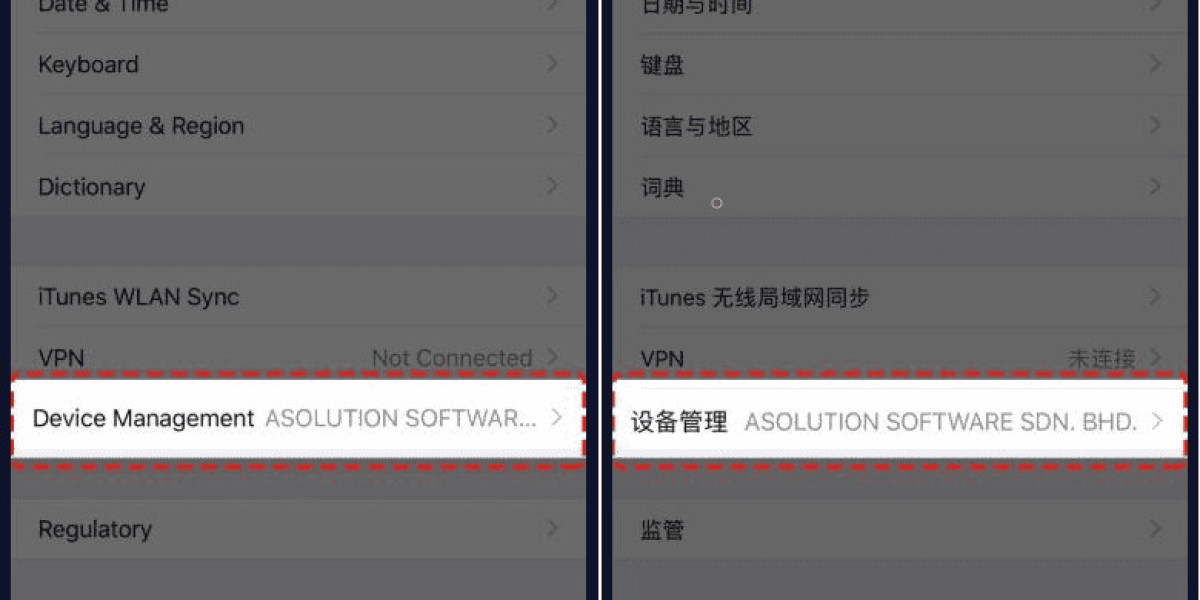In today’s fast-paced world, the concept of work-life balance is increasingly crucial, especially for small business owners. Balancing the demands of running a business with personal life can be challenging, yet it is essential for long-term success and well-being. This article explores the significance of work-life balance, common challenges faced by small business owners, and practical strategies to achieve harmony between work and personal life.
Understanding Work-Life Balance
Work-life balance refers to the equilibrium between personal life and professional responsibilities. For small business owners, achieving this balance can feel like a daunting task. With the constant pressure to grow their business, many entrepreneurs find themselves sacrificing their personal time, leading to burnout and decreased productivity. Recognizing the importance of work-life balance is the first step toward creating a sustainable business model that supports both professional and personal fulfillment.
The Importance of Work-Life Balance
- Mental Health: A balanced lifestyle is crucial for mental health. Small business owners often face high levels of stress due to the demands of their roles. Prioritizing personal time can help alleviate stress and prevent burnout, allowing for better decision-making and creativity in business.
- Increased Productivity: Contrary to the belief that longer hours equate to higher productivity, studies show that employees (and business owners) who maintain a healthy work-life balance are often more productive. Taking breaks and allowing time for personal interests can lead to renewed energy and focus.
- Stronger Relationships: Investing time in personal relationships is vital for emotional well-being. A balanced lifestyle allows small business owners to nurture their relationships with family and friends, which can provide the support needed to navigate the ups and downs of entrepreneurship.
- Sustained Business Growth: A well-rounded business owner is better equipped to make informed decisions and lead effectively. By ensuring personal needs are met, small business owners can sustain their passion and drive, ultimately benefiting their business.
Common Challenges for Small Business Owners
Small business owners face unique challenges in achieving work-life balance, including:
- Time Management: With numerous responsibilities, from managing finances to marketing, time management becomes critical. Entrepreneurs often struggle to allocate time effectively between business tasks and personal activities.
- Boundary Setting: Many small business owners find it difficult to set boundaries between work and home life. The temptation to answer emails or take calls outside of business hours can blur these lines, leading to increased stress.
- Guilt: Business owners may feel guilty about taking time off or stepping away from their work, fearing it will negatively impact their business. This guilt can make it challenging to prioritize personal time.
Strategies for Achieving Work-Life Balance
- Set Clear Boundaries: Establish specific work hours and stick to them. Communicate these boundaries to employees and clients to foster respect for your personal time. Use tools like calendars to block out personal time and avoid scheduling conflicts.
- Prioritize Tasks: Use prioritization techniques, such as the Eisenhower Matrix, to identify urgent and important tasks. Focus on high-priority items and delegate or eliminate less critical tasks to free up time for personal activities.
- Embrace Technology: Leverage technology to streamline operations and improve efficiency. Tools like project management software can help organize tasks, while automation can reduce repetitive work, giving you more time for personal pursuits.
- Schedule Personal Time: Just as you would schedule a business meeting, schedule time for personal activities. Whether it’s a workout, family dinner, or hobby, treat this time as non-negotiable to ensure you maintain a healthy balance.
- Practice Self-Care: Incorporate self-care routines into your daily life. This can include exercise, meditation, or hobbies that bring you joy. Taking care of your physical and mental health is essential for maintaining balance.
- Seek Support: Don’t hesitate to ask for help. Whether it’s hiring staff, outsourcing tasks, or seeking advice from the bizop.org blog fellow entrepreneurs, building a support network can alleviate some of the burdens of business ownership.
Conclusion
Achieving work-life balance as a small business owner is not only beneficial for personal well-being but also for the overall success of the business. By recognizing the importance of balance, understanding the challenges faced, and implementing effective strategies, small business owners can create a fulfilling and sustainable lifestyle. Prioritizing both work and personal life will lead to increased productivity, better mental health, and ultimately, a thriving business. Remember, a balanced entrepreneur is a successful entrepreneur.







